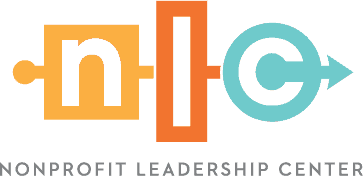To get the most from the year ahead, use these 12 words — one for each month — to stay inspired to achieve your goals and find meaning in your work and life.
One Word for Every Month
January: Jaunty. It’s easier to move others in a positive direction when you carry yourself with energy and confidence.
February: Feedback. Ken Blanchard once said, “Feedback is the breakfast of champions.” Ask for specific feedback from those in your personal and professional life who are in the best possible position to provide meaningful guidance and perspective.
March: Mentor. The greatest gift you can give to someone is your time. And the greatest gift someone else can give you is their time. Give yours and welcome theirs.
April: Appreciation. Make time to let others know how much you appreciate them.
May: Magnanimous. Today is always the right day to think of and do for others. Generosity has no limits.
June: Judicious. Make decisions based on facts, not emotions.
July: Jovial. Treat and influence others with a cheerful and friendly spirit. That spirit also adds years to your life.
August: Adaptable. An adaptable approach to life and work will take you much further than one that’s rigid.
September: Self-care. Self-care does not mean self-indulgence but self-preservation.
October: Open-mindedness. The late motivational speaker, Jim Rohn, once said: “Listen to others but always come to your own conclusion.” When you have more options to choose from, you increase your odds of selecting the best option.
November: No. The moment you add the word no to your vocabulary, your stress levels decrease.
December: Diplomatic. Treating others with diplomacy makes it easier for you to win their respect and confidence.
Remember, you are the only person who can prevent yourself from having a momentous year. Happy New Year!
Become a More Emotionally Intelligent Leader
Countless studies show that effective leadership is more closely tied to emotional intelligence than cognitive skills or technical abilities. Yet, leaders often invest much of their time and effort in enhancing the cognitive and technical aspects of their work.
Join the Nonprofit Leadership Center and Dr. John Loblack for his upcoming training class Developing Emotional Intelligence and Resilience on January 18. You will deepen your understanding of what emotional intelligence is and isn’t and walk away with strategies to immediately increase your levels of:
- Self-awareness
- Self-management
- Social awareness
- Relationship management


